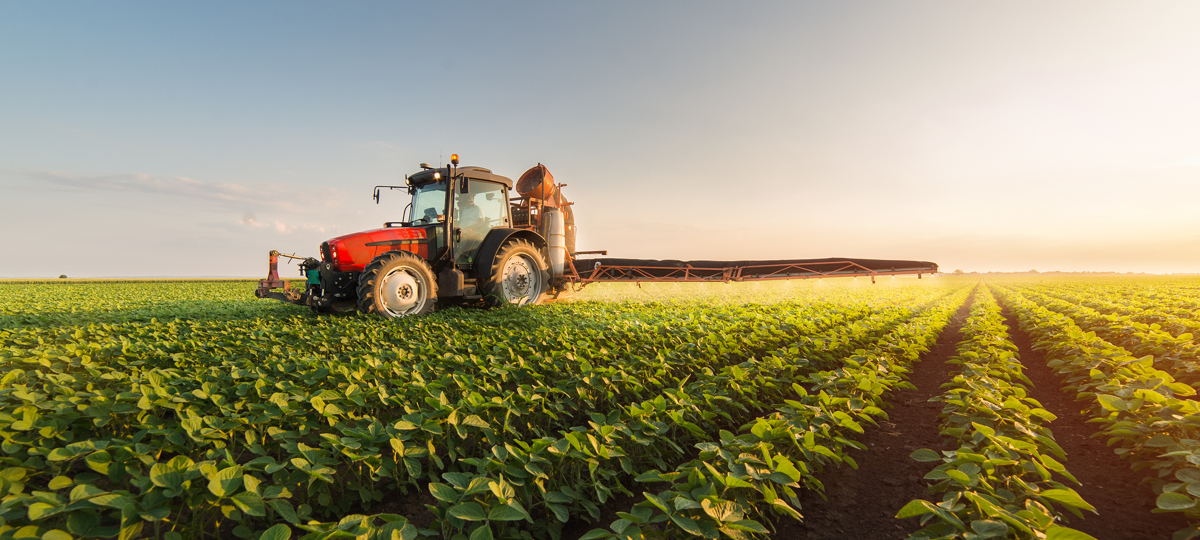TL3. Agrobiodiversity and Sustainable Food Systems
RESEARCH LINE 1: Agroecology and Food Production Sustainability. Understanding ecological and socio-ecological processes in agricultural ecosystems to protect biodiversity and ecosystem services, and to enhance the sustainability of food production systems
Key Research Activities (RA):
RA1.1. Characterizing the soil microbiome biodiversity and its role in the improvement of sustainable production, soil restoration and resilience.
RA1.2. Adapting and validating novel strategies, tools and technologies to assess, protect and restore soil biodiversity to improve fertility and sustainable production, aiming to minimise the use of chemical fertilizers and reducing environmental impacts of farming.
RA1.3. Understanding and mainstreaming the use of local beneficial microorganisms (yeast, fungi, bacteria) which are responsible for the organoleptic characteristics of process food (cheese, honey, yogurt, olive oil, vinegar) and drinks (wine, beer, milk beverages, fruit juices) and are high-prized by the biotechnological and pharmaceutical industry.
RA1.4. Improve the understanding of links between management and biodiversity patterns and processes using for instance novel developments in metabarcoding, metagenomics and transcriptomics.
RA1.5. Developing cost-effective techniques and approaches for evaluating the effectiveness of agricultural policies in protecting biodiversity, including the changes brought about by changes in the Common Agricultural Policy, and their mechanisms such as Greening, Agri-environment and Climate schemes.

RESEARCH LINE 2: Agron-Omics. Promote the use of omics-based technologies to assess the architecture of domestication, incorporate genomic data to foster diversity and resilience of plant and livestock varieties, and enhance the added-value of regional varieties and the traceability of agricultural products
Key Research Activities (RA):
RA2.1. Understanding the genomic process of domestication, and identifying the genetic basis of selected functional traits, in particular those involved in the resilience of populations to a changing environment.
RA2.2. Gathering of genome-wide information of local genetic resources to identify variants (SNPs) related with environmental resilience and productivity, and incorporate this information in breeding programs.
RA2.3. Applying and mainstreaming of genomic tools and technologies to improve the breeding of domesticated species for improved resilience and efficiency, with a particular focus to assessing and exploiting the potential of underutilized genetic resources (e.g., traditional landraces).
RA2.4. Developing new –omics approaches to improve the prevention, early detection, and control of plant and animal pathogens, particularly those involving vector-borne diseases with strong environmental drivers and transmission pathways between wild and domestic species.
RA2.5. Gathering of genomic and functional information on microorganisms (yeast, fungi, bacteria) which are responsible for the organoleptic characteristics of processed food (cheese, honey, yogurt, olive oil, vinegar) and drinks (wine, beer, milk beverages, fruit juices), and soils.
RA2.6. Developing DNA tailor-made tests to implement a bidirectional "Farm to Fork to Farm” traceability system, to assure the consumers and protect labelled protected food products can be traced back to the animal, plant or the farm in which it has grown.
